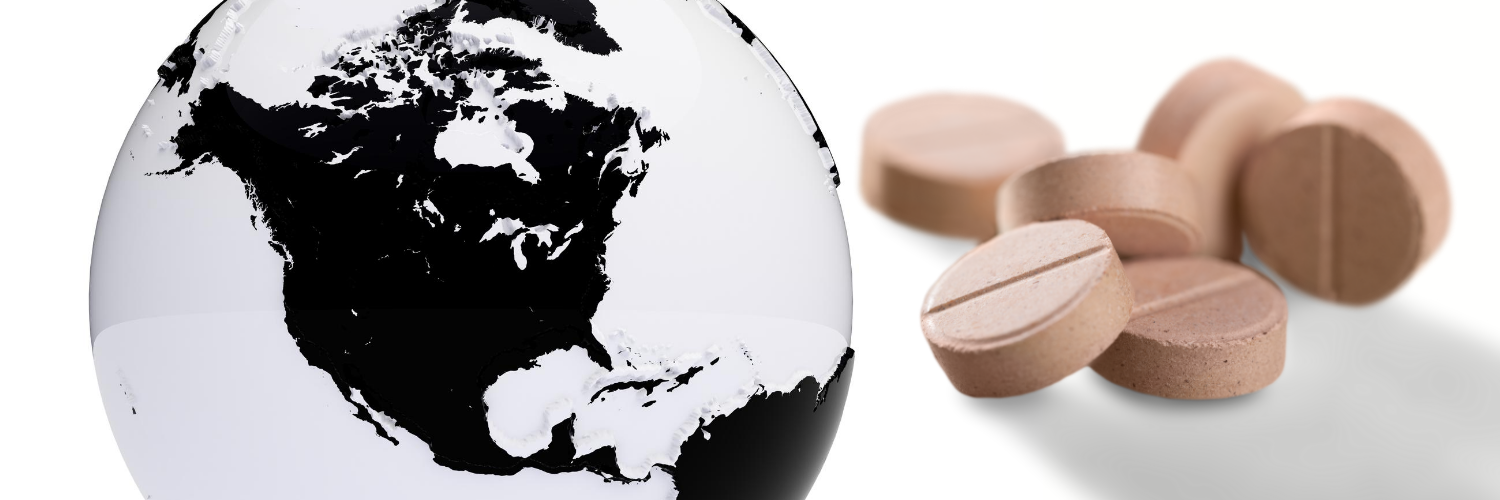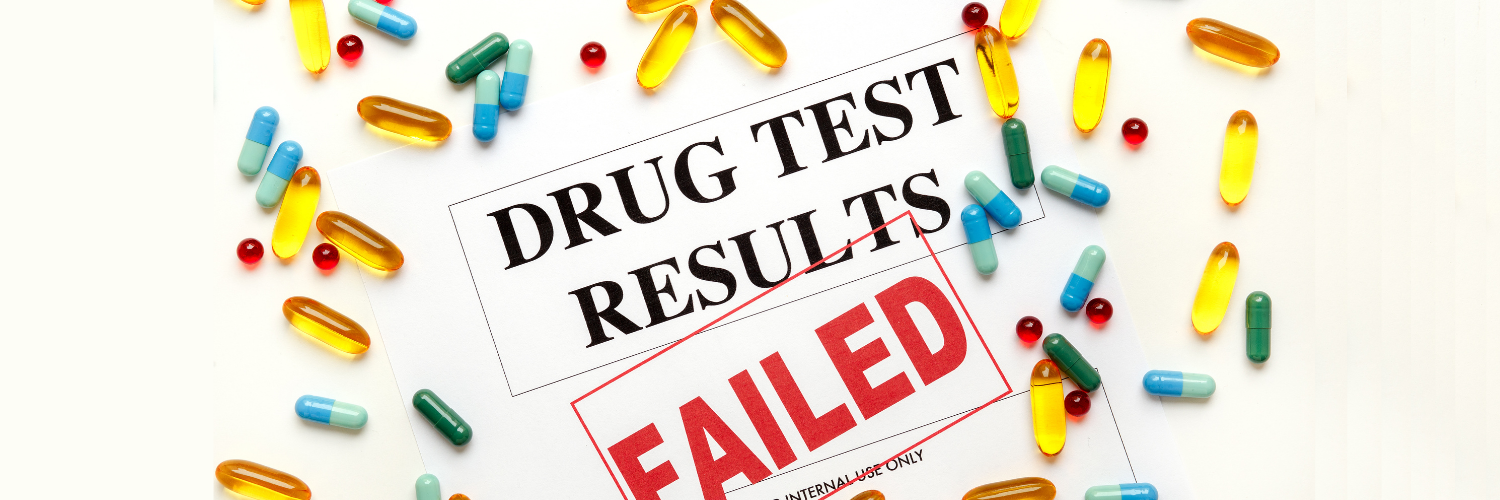How do I prevent prediabetes from developing into type 2 diabetes?

Over 100 million American adults have either prediabetes or diabetes, but according to a study published in the Journal of Internal Medicine, a prediabetes diagnosis does not have to equal a future with type 2. Only around 25% of people with prediabetes develop type 2 within 3-5 years after a diagnosis.
The majority of adults with prediabetes 1) don’t even realize they have it (we’re talking 90% of people), and 2) won’t have to deal with the stress of a full-blown type 2 diagnosis. This post will explore how you can be one of them.
What is prediabetes?
First things first. What is prediabetes exactly? Well, prediabetes means your blood glucose (also referred to as blood sugar) levels are higher than normal.
Insulin is the hormone made by your pancreas that acts as the gatekeeper for blood sugar used in cells as energy. If you have prediabetes, the cells in your body don’t respond normally to insulin, and your pancreas is generating more insulin to try to get cells to respond. Ultimately, your pancreas gets exhausted: it can’t keep up and your blood sugar rises, setting the stage for type 2 diabetes in your future. In addition to or as a result of having type 2, a prediabetes diagnosis can put you at increased risk of heart disease or stroke.
Now, prediabetes can occur for years despite expressing clear symptoms, so it often goes undetected until serious health problems show up. It’s important to get your blood sugar tested if you have any of the risk factors for prediabetes listed below. Your doctor may also conduct an A1C blood test. This test provides information about average blood sugar levels over the past 3 months.
Risk Factors for Prediabetes
• Your doctor says you are overweight • You have either a parent, brother, or sister with type 2 diabetes • You’ve had gestational diabetes (diabetes during pregnancy) • You’ve given birth to a baby who weighed more than 9 pounds • You have polycystic ovary syndrome
According to the American Diabetes Association (ADA), the ranges for the results of a fasting blood sugar test are:
• Normal = between 70 and 99 mg per dL • Prediabetes = between 100 and 125 mg per dL • Diabetes = higher than 126 mg per dL
Results of an A1C Blood Test for Prediabetes per the ADA:
• Normal = below 5.7% • Prediabetes = between 5.7% and 6.4% • Diabetes = 6.5% or higher
Preventing Type 2 Diabetes
So, a prediabetes diagnosis is the warning shot, an important wakeup call to evaluate daily habits so you can work toward a more mindful, healthier you. Receiving such news can be paralyzing, but don’t let it overwhelm you. Take a deep breath, set realistic mini-objectives to your goal, and you can prevent this disease from escalating any further.
Below are some tips to prevent your diagnosis from advancing to type 2.
1. Change Your Diet and Exercise Habits
This may be irritating, but we’re going to regurgitate the tired advice you’ve probably heard forever: diet and exercise. A diet high in fiber, grains, and vegetables, as well as a regular exercise routine, can help reverse a prediabetes diagnosis. If you have prediabetes, losing a small amount of weight (5-7% of your body weight) if you’re overweight and getting regular physical activity can really help lower your risk of type 2. But how is it possible to actually commit this time? Here are some tips for sticking to your diet and fitness goals:
Tips for Committing to Diet & Exercise
There is also a lifestyle change program offered through the CDC-led National Diabetes Prevention Program that can help people commit to a change. The program boasts that people can lower the risk of developing type 2 diabetes by as much as 58% (71% if you’re over age 60).
Find a Local Diabetes Prevention Program
2. Try Metformin: Recommended Medication for Prediabetes
For people who are at very high risk of developing type 2 diabetes after being diagnosed with prediabetes, your health care provider may recommend medication. The American Diabetes Association notes that metformin should be the only medication used to prevent type 2.
Metformin is generally a very inexpensive medication in the U.S., especially when purchased with a free discount card. With a U.S. Prescription Discount Card, the U.S price is far cheaper than in Canada and many other countries.
What food should I eat and avoid if I am prediabetic?
Groan. We’ve heard it all before, but, as stated earlier, your diet is important, and you need to know the right kind of foods to eat to get your prediabetes under control.
For folks with prediabetes, sugar from food has begun to build up in your bloodstream because insulin can’t easily move it into your cells. No, this doesn’t equal no carbs, but it does mean you should be mindful and limit the amount and type of carbohydrates consumed in each meal. It’s very important that you consider cutting out sugary and alcoholic drinks as well. If your diet is full of refined and processed carbs, that can unfortunately result in spikes in blood sugar. Your body now has a difficult time lowering blood sugar levels after meals so avoiding carbs will help lessen those blood sugar spikes.
The glycemic index (GI) is a tool you can use to determine how a particular food could affect your blood sugar. Food that is low on the GI is best for your blood sugar.
Prediabetic Food Recommendations
• Steel-cut oats (not instant oatmeal) • Stone-ground whole wheat bread • Whole-grain breads • Whole grains such as quinoa or barley • Whole grain cereals • Whole wheat pasta • Nonstarchy vegetables • Beans • Sweet potatoes • Corn • Pasta (preferably whole wheat) • Beans and legumes • Fruits and vegetables that have edible skin • Chicken without skin • Egg substitute or egg whites • Beans and legumes • Soybean products such as tofu and tempeh • Fish, such as cod, flounder, haddock, halibut, tuna, or trout • Lean beef cuts, such as flank steak, ground round, tenderloin, and roast with fat trimmed • Shellfish, such as crab, lobster, shrimp, or scallops • Turkey without skin • Low-fat Greek yogurt
Additionally, you should be mindful of your caloric intake. Portion control can be critical to keeping your diet on the low GI. When people eat more calories than their body needs, those calories get stored as fat, which can cause weight gain. Body fat around the belly is linked to insulin resistance and explains why many people with prediabetes are also overweight.
Read more about saving money on meds on Ask PharmacyChecker
How can patients deal with drug price increases?
Why are drug prices so different at different pharmacies?
How do I know an online pharmacy is legitimate and safe?
Do you have questions or concerns about diabetes medications? We’re here to help.
Comment below or ask a question by logging in to My PharmacyChecker.




